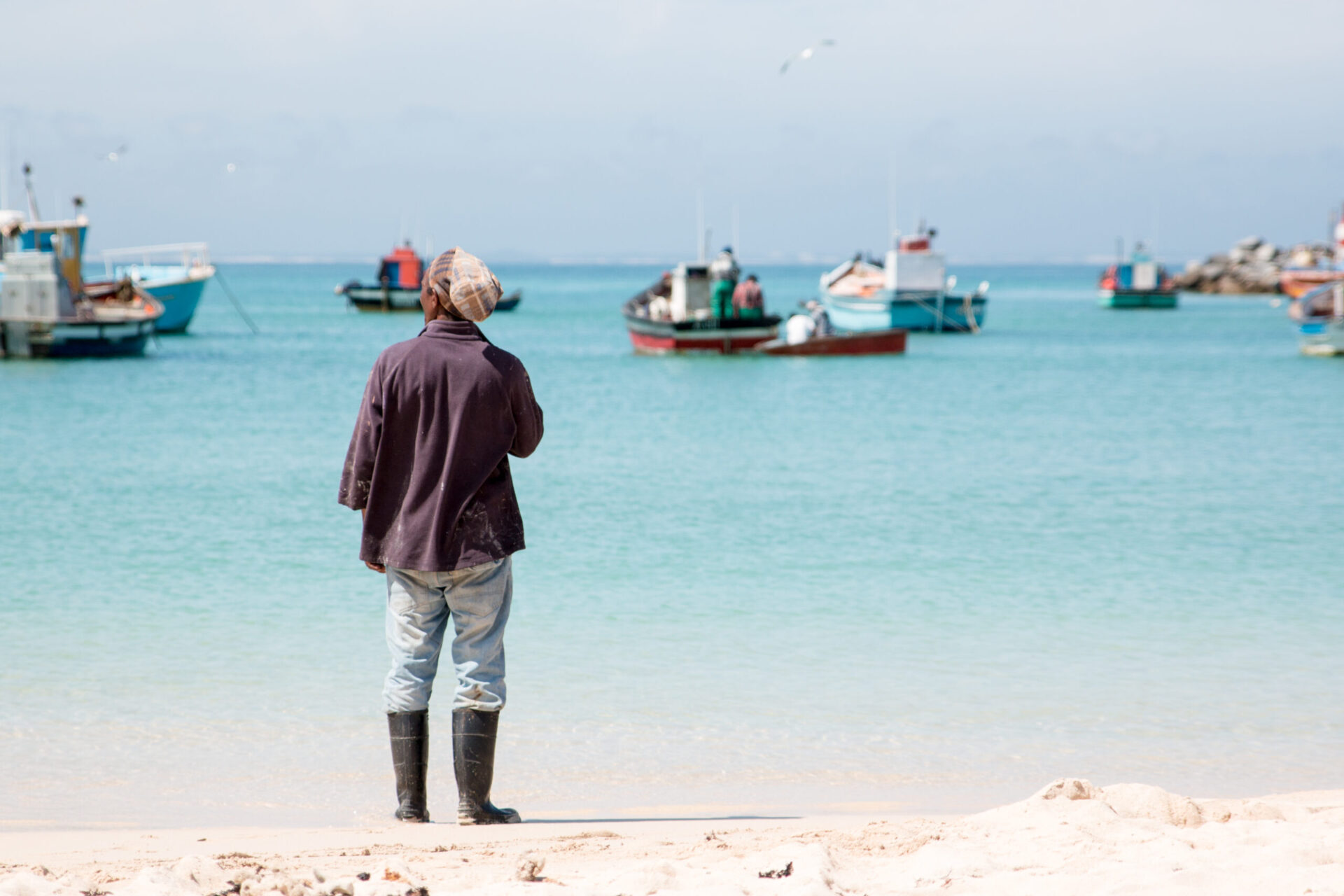This call has now closed.
The Ocean Resilience Innovation Challenge (ORIC) is a crucial component of ORRAA’s platform to build a pipeline of investable solutions. Launched in 2020, ORIC has run two challenge rounds to date, supporting solutions that deliver genuine impact in local communities, while also mitigating ocean and climate risk.
To continue building resilience in the regions that need it most, ORRAA is launching ORIC23 in partnership with the Swiss Re Foundation, the United States Department of State and the UK. ORIC is administered by the ORRAA Secretariat and the Global Resilience Partnership.
The Challenge calls for community-led novel and scalable finance and insurance solutions that build coastal resilience and reduce ocean risk for the people who depend on the ocean for their livelihoods.
Challenge finalists will receive tailored mentoring and support in developing and promoting their solutions and connecting with potential investors. Selected finalists that graduate from the Challenge and meet pre-agreed criteria will receive next-stage funding of up to USD$50,000 to scale their initiatives and improve investment readiness.
The Challenge was launched on Monday 16 January 2023 with an open and competitive call for proposals. ORRAA is inviting proposals from individual innovators and experienced implementers, as well as start-ups, hubs, and accelerators.
The Call for Proposals closed on Friday 10 March 2023.
The ORIC23 finalists were announced in June 2023.

The ORIC Secretariat hosted two information webinars on 1st February 2023 to present the Challenge’s objectives and answer questions from prospective applicants. You can watch the recording below:
For further information on the application timeline, the evaluation process, and frequently asked questions, please see the Guidelines for Applicants.
Download Guidelines for Applicants
Proposals must meet the following criteria to be considered for ORIC23
Proposals Focus:
The Ocean Resilience Innovation Challenge is looking for community-led novel and scalable finance and insurance solutions that build coastal resilience and reduce ocean risk for the people who depend on it.
Solutions (which can be initiatives, business models, companies or specific products) must align with ORRAA’s Financial Innovation priority pathways.
In addition, proposals must:
- Promote the development of ocean and coastal Nature-based Solutions (NbS) or mitigate risk multipliers, for example, overfishing and pollution.
- Align with and include the priorities and interests of local communities in the Global South.
- Deliver enhanced economic, social, and cultural resilience for climate vulnerable coastal communities.
- Be biodiversity positive, lead to either net zero or climate positive outcomes, and “do no harm” (do not result in negative impacts on communities or the ecosystems they are designed in which to build resilience).
Geographic Focus:
Solutions should either be located or deployed in coastal countries that are Official Development Assistance (ODA) and UNFCCC eligible (non-Annex I countries), which do not conflict with applicable individual and consolidated sanctions set out by the United States . Special consideration will be given to solutions located or deployed in Small Island Developing States (SIDS) and Coastal Least Developed Countries (LDCs). Please see Guidelines for Applicants for the full list of eligible countries.
Delivery Partners:
To ensure solutions are community-led and driven by local partners, proposals must include organisations from the Global South as lead or supporting partners and should demonstrate how they will build stakeholder engagement to advance their objectives.
Environmental and Social Impact:
Proposals must ensure they are underpinned by gender equity, and human rights, and support coastal communities in reducing their exposure or vulnerability to ocean risks by increasing their ability to build resilience in the face of uncertainty. Proposals should accelerate the delivery of the Sustainable Development Goals (SDGs), in particular, SDG14 (Life below Water).
You can read more about ORIC here.
You can read more about the work of past ORIC finalists here.

